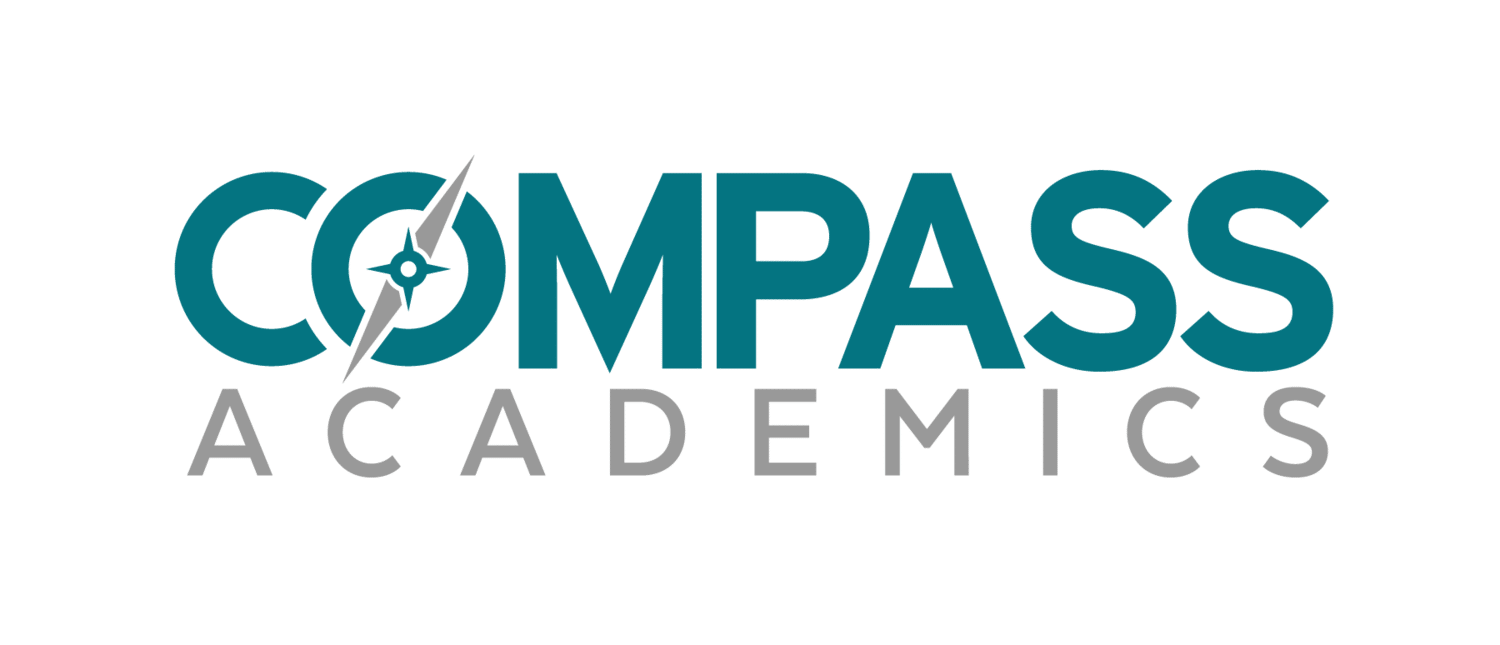The so-called “gap year” saw a steep rise in popularity in the 1980s. As matriculation from high school to college became more and more expected for the population at large, many students found the intensity of moving from the structure of high school to the expectations of their future career to be an uncomfortable squeeze.
Over the decades, a gap year has become a way to step back, reflect, and arrive at college with more intention and attention.
Organizations have stepped in to fill the (pardon the pun) gap in order to provide exploring college-bound learners with opportunities for exploration and reflection that will serve them well.
That all sounds great, but is a gap year the right choice for you? Let’s take a closer look.
What are the pros of a gap year?
Perhaps the praises of the gap year have never been sung quite so clearly as they were in a 2000 letter from a trio of Harvard staff members reflecting on the burnout they saw in so many students. In this letter (published in the New York Times), they called for a “time out” that could help prevent burn out.
It can be structured or unstructured, and directed toward career, academic or purely personal pursuits. Most fundamentally, it is a time to step back and reflect, to gain perspective on personal values and goals, or to gain needed life experience in a setting separate from and independent of one’s accustomed pressures and expectations.
If you’re not quite sure what such an experience might look like for you, there are plenty of organizations who have stepped up to curate a wide array of choices. The non-profit Gap Year Association has collected a list of gap year possibilities. Here is just a small selection of experiences you could have:
• Spend your time walking beautiful outdoor trails with Trek Epic
• Surf, raft, and backpack with Pure Life
• Intern at a French language program to exchange language skills
• Learn about mountain resiliency in the face of climate change with Western Colorado University
Of course, you don’t have to officially sign up for a Gap Year Association-certified program to reap in the benefits. Many students spend their year off working part-time or full-time jobs, saving up money, researching colleges and careers, and pursuing hobbies.
• The pros of taking a year off between high school and college are numerous:
• Reflection time before choosing a career path
• Opportunities to travel
• Time to save money for college expenses
• Relaxation to prevent academic burnout
What are the cons of a gap year?
It’s important to consider the full scope of a gap year decision, and not every student will find that it’s the best fit.
As you make a choice about whether a gap year is right for you, consider these possible downsides:
• Expense- While some students use their gap year to work and save up money, those who choose a more immersive gap year experience that involves travel and leisure may find themselves spending a lot of money ahead of their college enrollment (which is itself often a substantial expense). Take a hard look at the budget as you make these choices.
• Loss of Momentum- If you’re heading out of high school with momentum, you could lose some of it in a gap year experience. You’re already used to reading, doing homework, turning in assignments, and sitting through lectures. A year spent hiking mountains and catching waves might make it challenging to get back in the school groove.
• Disconnection from Peers- You could feel a loss when your friends who go straight to college are moving on from their freshman year and finding their footing in career progress while you’re just getting started. Consider whether you might feel left behind — especially if you’re attending the same college or pursuing the same career path as close friends.
• Magic Doesn’t Happen on Its Own- Many describe their gap year experience as magical, but that magic requires research, planning, and execution. If your “gap year” is really just sitting on the couch playing video games, you’re unlikely to experience the benefits of reflection and rest and more likely to feel a loss of momentum and disconnection.
Ultimately, a gap year can be a wonderful experience, but it shouldn’t be a default that’s slipped into without careful consideration. To make the most of the potential, you need to consider your goals for that year and what kind of experience will best meet them.




0 Comments